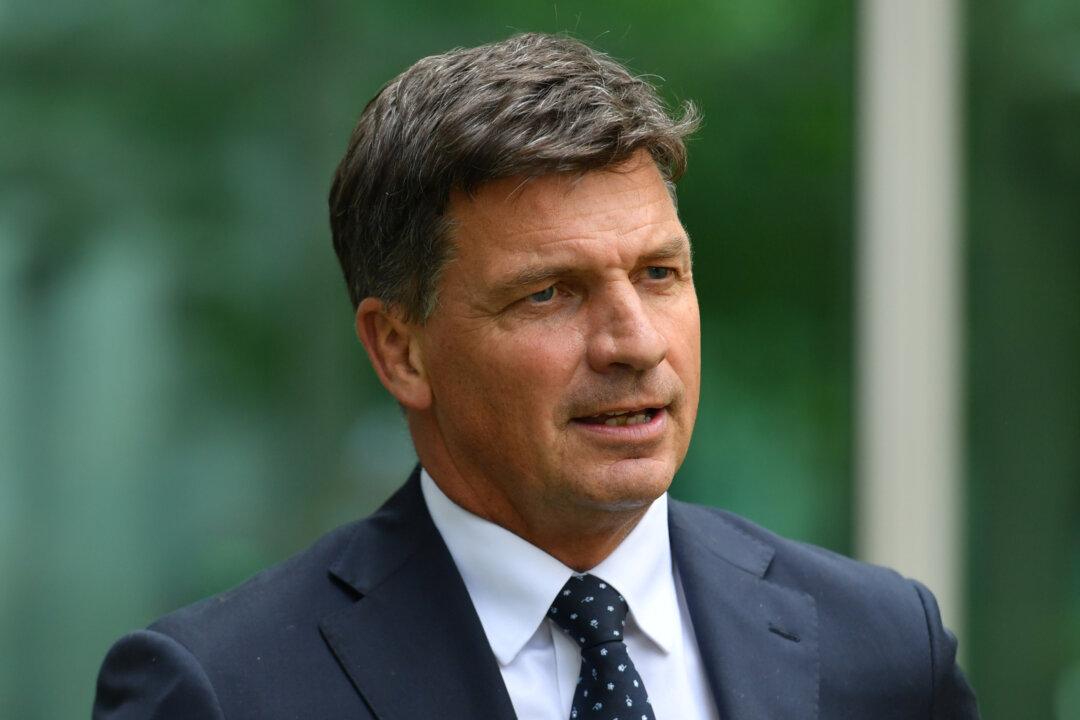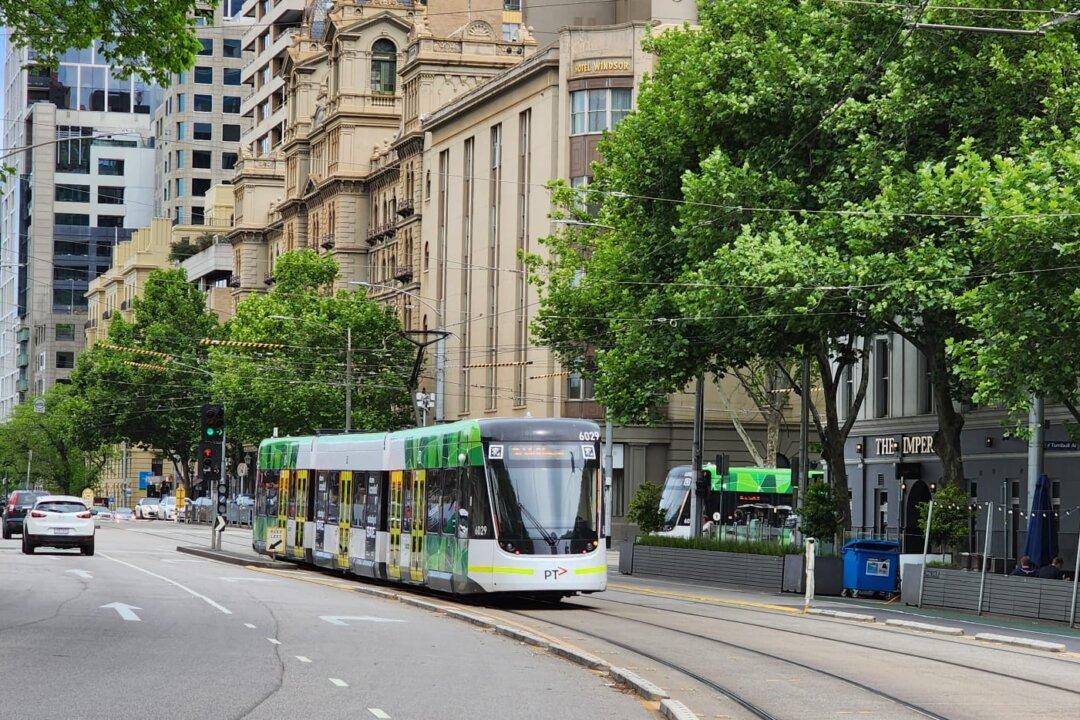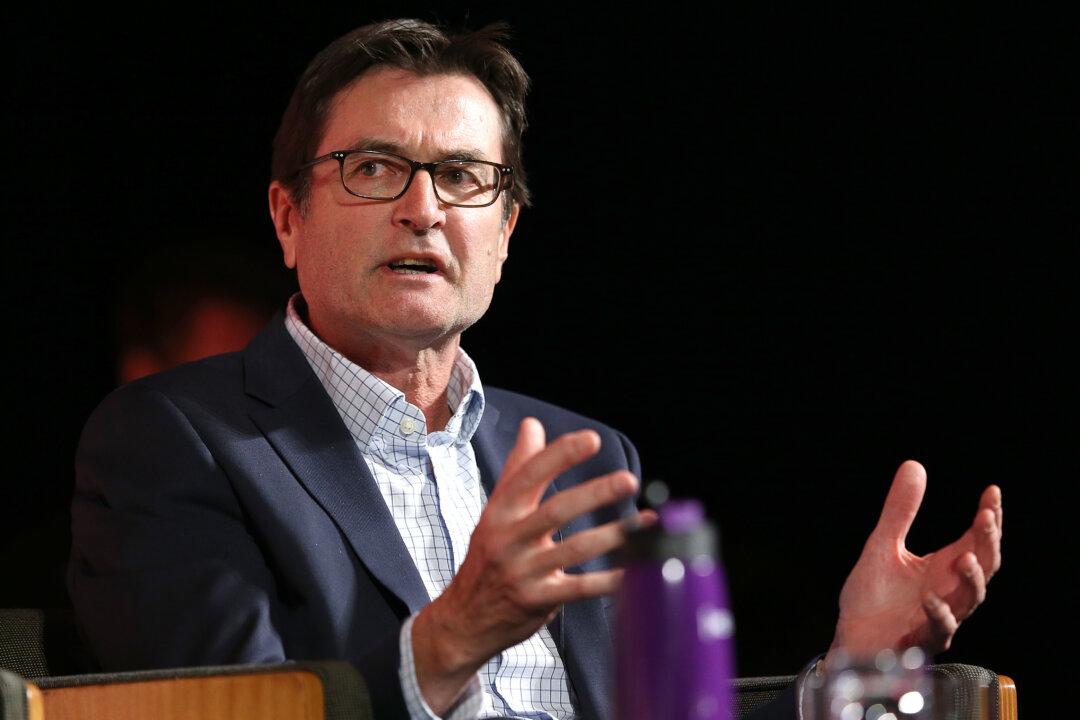Shadow Treasurer Angus Taylor has warned the Labor government against tilting workplace laws too far in favour of union officials.
Speaking at an event to mark the resurgence of the HR Nicholls Society, Mr. Taylor touched on where he believed the Labor government was going wrong.





